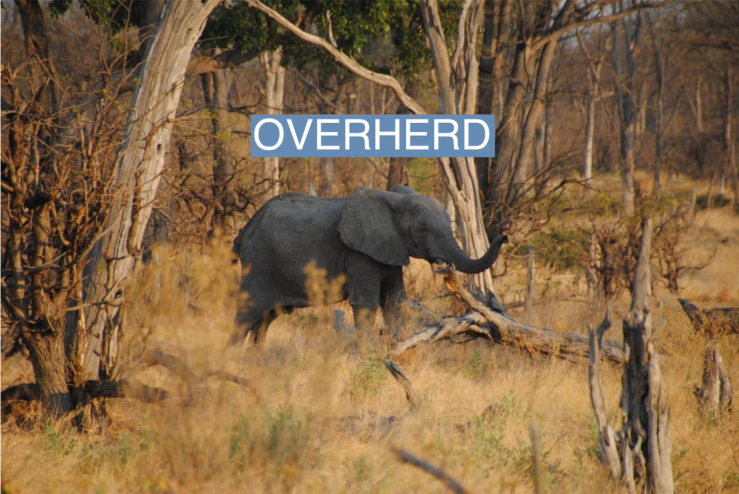The News
After Germany proposed a ban on hunters importing trophy kills from Africa, Botswana offered to send the country 20,000 elephants to show what it’s like to live with too many of them. Botswana has more than 131,000 elephants, the largest population on the African continent, and struggles with the damage they cause to crops and property. To control the population, Botswana exports elephants and also offers licenses to hunt them.
“It is very easy to sit in Berlin and have an opinion about our affairs in Botswana,” the country’s president Mokgweetsi Masisi told German outlet BILD.
SIGNALS
Botswana wants Western nations to get a taste of living with too many elephants
After the U.K. proposed a similar ban on trophy hunting exports last month, Botswana’s wildlife minister, Dumezweni Mthimkhulu, threatened to send 10,000 elephants to London’s Hyde Park for “Britons to have a taste of living alongside” the animals, which he said were “overwhelming” his country. Botswana considers trophy hunting as a population control method and a source of income for some communities. The country’s president also slammed the legislation as “condescending” and a “resurgence of a colonial conquest.” Mthimkhulu compared Botswana’s situation with the abundance of Scottish stags in the Highlands: “Hunters in the Highlands pay to shoot deer and put their antlers on their walls. So why is Britain trying to stop Africa doing the same?
Botswana reversed earlier ban on trophy hunting five years ago
In 2014, then-President Ian Khama’s government banned trophy hunting in Botswana, citing diminishing population numbers. The decision was celebrated by animal rights groups, but condemned by some locals in Botswana who said the measures led to widespread job losses and a resurgence of elephant-inflicted damage to properties and crops. “Before the hunting ban, the elephant’s range was most restricted to the game reserves and the forest reserves,” Thebeyakgosi Horatius, former head of human-wildlife conflict in Chobe District for the Department of Wildlife and National Parks, told NPR in 2019, when Masisi’s government revered the ban. “Now because they are feeling comfortable, they are not feeling disturbed by shootings. They come through the villages. They are free to go wherever they want to go,” Horatius said.
No conservation reason for hunting ‘giant tuskers,’ critics argue
As of August 2023, fewer than 100 “giant tuskers” — giant elephants with tusks that reach the ground — remained in Africa. “Killing them has no impact on human-wildlife conflict,” argued Simon Espley with Africa Geographic, since the bulls aren’t typically responsible for damage to people or property. Despite no conservation benefits for trophy hunting giant tuskers, Espley said that such concerns are dismissed “by those who benefit financially and politically from removing the last giant elephants.”



